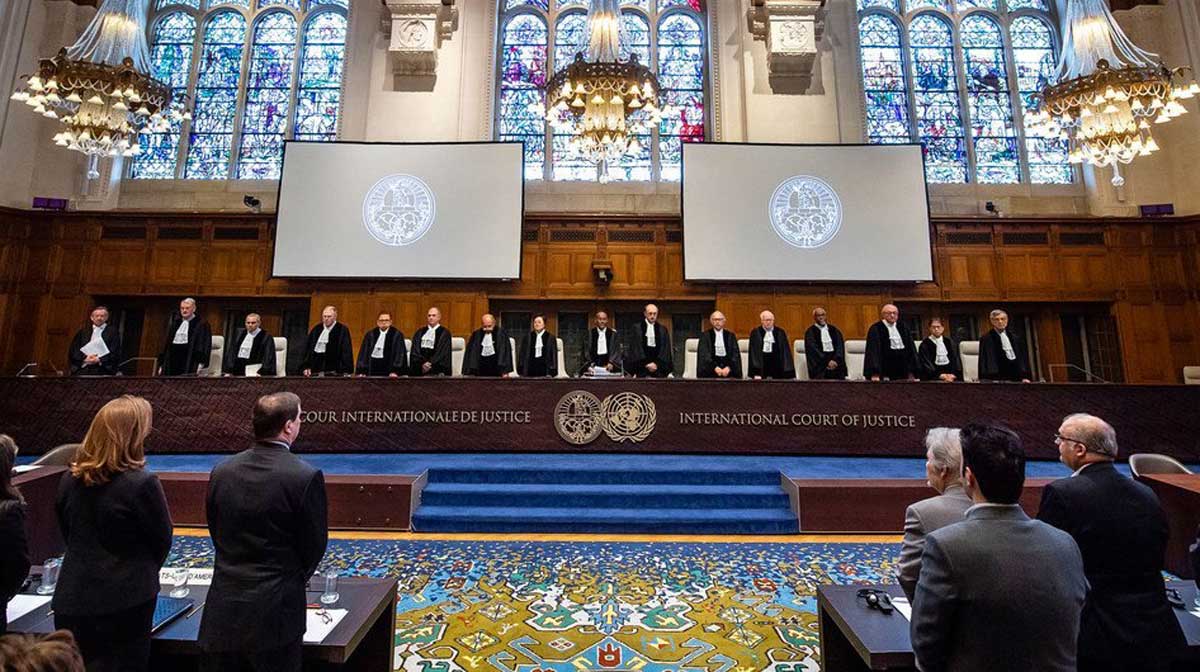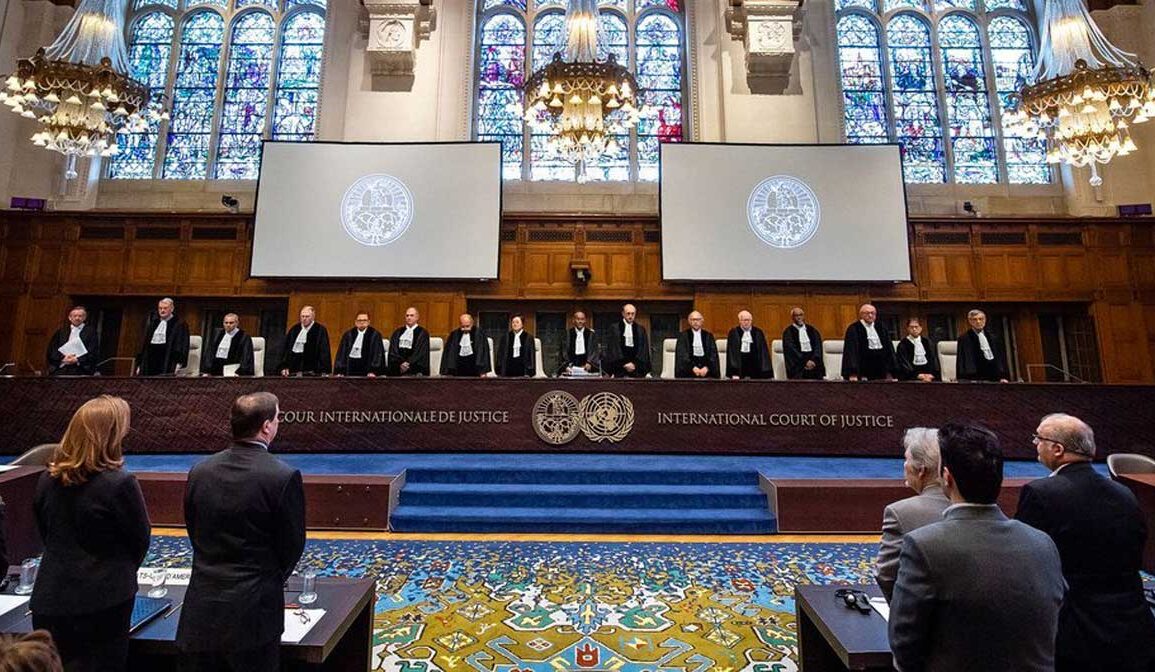
As the world becomes increasingly interconnected, international cooperation has emerged as an important aspect of global governance, allowing states to deal more effectively with complex transnational issues (Song, 2012). Within the framework of international cooperation, one of the fundamental components that can significantly shape the way states engage and cooperate in solving problems of global interest is international norms (Shany, 2012). International norms are generally accepted rules that define how states should act in the realm of international politics. They are elements of the social structure that inform judgments about foreign policy and are enforced by a logic of appropriateness about what constitutes appropriate behavior for a state. These norms are not just common behaviors. They are maintained by mutual agreement and are deeply embedded in routine international interactions, which influence decision-makers about what to do in a certain situation (Raymond, 2020).
Why do norms matter?
There are several reasons why international norms are so important. First, norms are important for creating stability and unity. In an anarchic international political system, norms can provide stability and unity because of certain expectations. Norms also enforce change when norm shifts restructure the international community (Finnemore and Sikkink, 1998). Second, international norms are important as constraints on foreign policy. They can constrain foreign policy choices and behavior, and even alter states’ conceptions of national interest (Shannon, 2017). Third, the ambiguity and plurality of meanings of norms used as a result of the enactment of norms that are generally ambiguous in different contexts can encourage human diversity and the plurality of global life (Linsenmaier et al., 2021). Fourth, international norms are important because they often reflect ethical considerations, such as respect for human rights (Jain, 2022). The last reason is that norms are important as regulation or regulation of interactions. International norms regulate interactions among autonomous political entities even in the absence of a central authority. Norms have facilitated trade, commercial mediation, exchange of ambassadors, and other forms of cooperation (Raymond, 2020).
International Criminal Law Norm
One of the most influential international norms is International Criminal Law. International criminal law is the law that governs the procedures for the investigation, prosecution and punishment of certain categories of acts considered to be significant crimes, and holds perpetrators individually accountable for their actions. Given the gravity of certain offenses, which are classified as war crimes, it is particularly important to suppress grave violations of international humanitarian law in order to maintain respect for this branch of law. International criminal law is based on a number of fundamental principles. The need to coordinate respect for these principles is becoming increasingly urgent as international crimes incorporate extraterritorial elements, necessitating increased interaction between states. States are required to maintain these principles while adhering to the principles of their own national criminal law and the specific principles described in the instruments of the regional bodies of which they are members (ICRC, 2014).
International criminal law norms have provided a common legal basis for states to cooperate in addressing egregious human rights violations and mass atrocities (Song, 2012). The codification of these norms in various international treaties and conventions has established universal standards of behavior that transcend national boundaries, creating a shared understanding of unacceptable behavior and a shared responsibility to address such violations. This clearly defined framework of international criminal law has been a catalyst for increased cooperation between states, as they recognize the importance of working together to investigate, prosecute and hold accountable those responsible for the most serious offenses, regardless of their position or nationality (Shany, 2012).
International Criminal Law norms are essential in promoting international cooperation. They play an important role in addressing transnational crimes such as drug trafficking, money laundering, cybercrime and terrorism, which transcend national borders (Ilchyshyn, 2023). They also play an important role in preventing serious violations of international humanitarian law, particularly war crimes, which the international community as a whole has an interest in punishing. In addition, international criminal law norms encourage multilateral cooperation, which is crucial in countering the rapidly changing landscape of organized crime (Dandurand & Jahn, 2021). Finally, international criminal law norms also facilitate justice and reparations by providing evidence that can link crimes to individuals, securing funds for possible compensation to victims, covering legal aid costs, and contributing to the prevention of further crime. In short, ICC norms are essential in encouraging international cooperation, promoting ethical behavior, and maintaining order in the international community (ICC, n.d.).
An example of an international criminal law norm that encourages international cooperation is the United Nations Convention against Transnational Organized Crime (UNTOC). The practical implementation of Article 27 on UNTOC law enforcement cooperation is the focus of the 2023 Constructive Dialogue on International Cooperation discussions. The Convention encourages cooperation between states to combat transnational organized crime (UNODC, 2023). Another example is the International Criminal Court (ICC). Since the Rome Statute entered into force in 2002, the ICC has continued to work to promote cooperation, complementarity and universality, which are essential components for the effective functioning of the Rome Statute legal system. The ICC has hosted more than 50 events, gathering more than 1,000 external participants from over 90 states and non-state actors, along with more than 40 international and regional organizations, national bar associations, and civil society organizations. These examples illustrate how International Criminal Law norms can foster international cooperation by encouraging dialogue, collaboration, and joint efforts in addressing transnational crime. They also highlight the importance of multilateral cooperation in the international crime prevention and criminal justice agenda (ICC, n.d.).
In summary, the importance of International Criminal Law (ICL) norms in fostering international cooperation cannot be overstated. These norms serve as the backbone for a collective legal response to transnational crimes and serious violations of humanitarian law, which no single nation can combat effectively on its own. By establishing common legal standards and procedures, ICL norms enable countries to work together seamlessly, whether it’s through extradition treaties, mutual legal assistance, or joint investigations. The United Nations Convention against Transnational Organized Crime (UNTOC) and the International Criminal Court (ICC) are prime examples of how these norms facilitate cooperation across borders. UNTOC provides a platform for law enforcement collaboration, while the ICC’s efforts to promote cooperation, complementarity, and universality have led to significant advancements in international criminal justice. These institutions and their associated norms not only help bring perpetrators to justice but also deter future crimes by signaling an international commitment to uphold the rule of law. Ultimately, ICL norms are vital for creating a safer, more just world by encouraging nations to unite in their pursuit of justice and accountability.
This post was originally published on this site be sure to check out more of their content.









